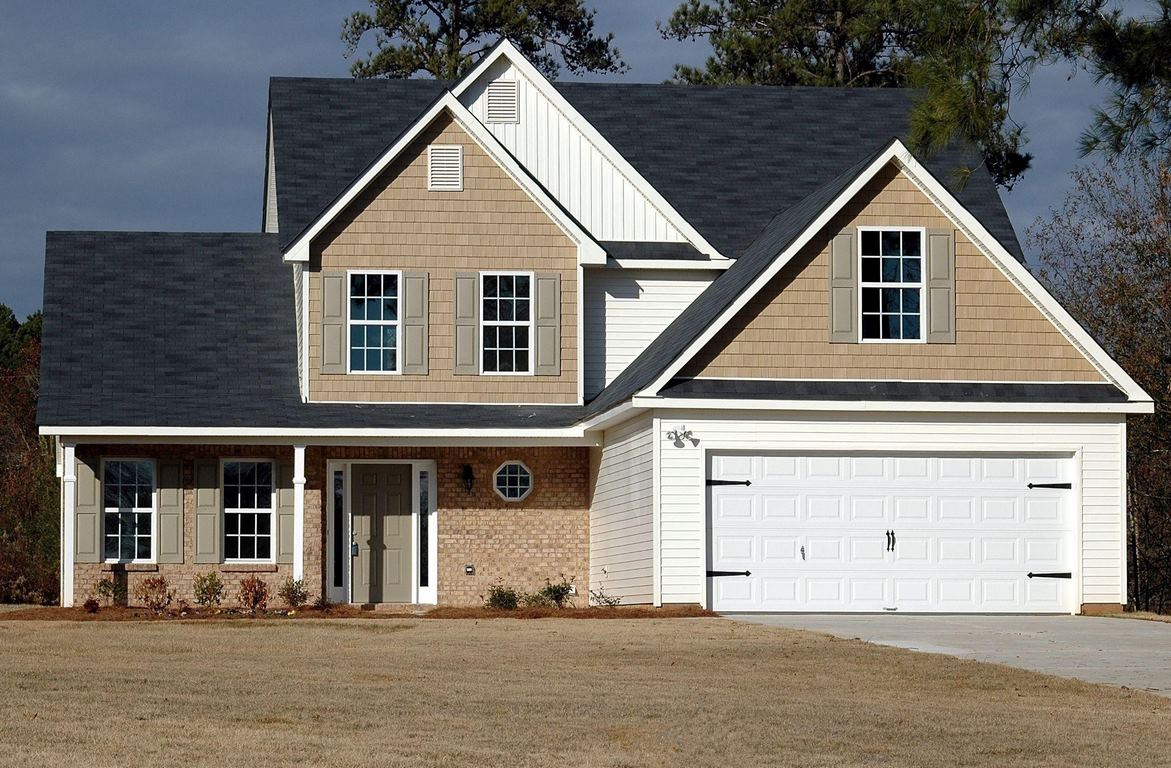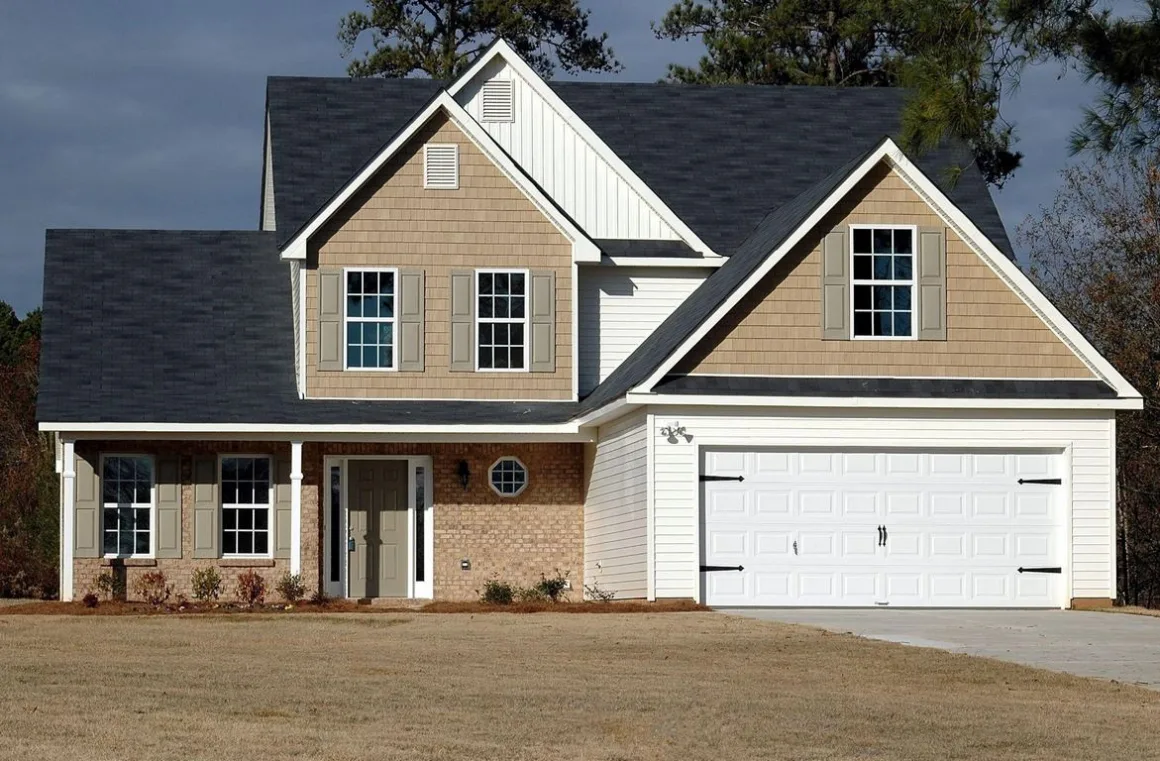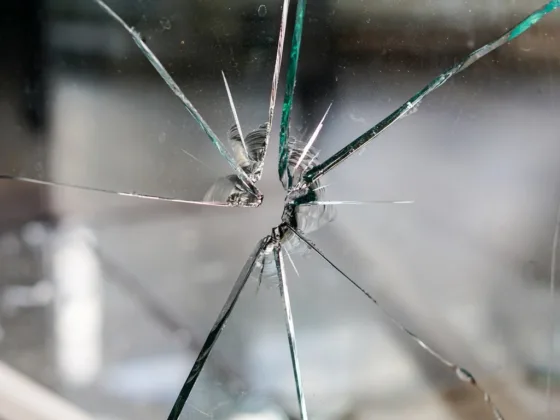The homeowner’s insurance policy is one of the most critical policies in one’s life.

Before signing up for it, it is necessary to understand the exclusions on such an insurance policy. An exclusion clause in a contract excludes coverage for certain types of loss.
In the case of insurance policies for homes, exclusions are typically included to exclude coverage to specific incidents.
Floods
Flooding can cause severe and costly damage to your home and property. You can get flood insurance to help cover the cost of repairing your property after a flood. However, floods are not always part of typical home insurance policies.
Floods pose a severe threat to your home and property, especially if you live in a region prone to flooding and heavy rainfall. This means that you will need to purchase a separate flood insurance policy.
Earthquakes
Although homeowners are not aware, earthquake and earth movement are excluded from the coverage of most homeowners’ insurance policies.
This is because earthquakes and earth movement are considered an act of nature. Therefore, insurance companies cannot predict when or where such an event may happen.
In addition to earthquakes, earth movements such as mudflows and landslides are usually excluded from most homeowners’ insurance policies. If you live in areas prone to earth movement like California, consider getting earthquake coverage.
Read Also:
Maintenance
As a homeowner, you might occasionally conduct maintenance work in your home. Maintenance work can include simple repairs to appliances, electrical systems, or the plumbing system. Although these repairs seem simple, they are not covered in the insurance policy.
The maintenance exclusion clause in an insurance policy excludes coverage for damages incurred during repair or replacement.
It includes any part of the insured property damaged by a sudden and unexpected external event. The exclusion for this type of damage is common in most homeowners’ insurance policies.
You can consider setting aside funds for maintenance work in your home. This would help you prevent problems in your home from becoming catastrophic. In addition, early mitigation of these problems would save you money and time in the future.
When homeowners purchase a home warranty, they can rest assured that their investment will be protected for the length of the contract.
The average home warranty will cover repair costs for plumbing, heating, and electrical issues. It also covers leaks and other threats to the structural integrity of your home.
Pests
A pest exclusion in a homeowners’ insurance policy is a clause that excludes coverage for damage caused by rodents, insects, or other pests. The pest exclusion clause is usually found in homeowners insurance policies.
It protects the insurance company from any potential claim for damages caused by pests. Pests are considered significant risk factors because they can cause structural damage to the house and increase fire risk.
Most homeowners’ insurance policies exclude coverage for pest infestations, such as rodents and insects in the US. However, a variety of coverages are available from specialty insurers. These policies include several perils that can protect you from a problem with pests in your home.
Home-Based Business
Home-based businesses are excluded from homeowners insurance coverage. This is because it is currently difficult to assess the risk for a home-based business properly.
Because of this, a homeowner’s insurance policy does not cover many risks associated with home-based businesses, including coverage for damage from theft and vandalism.
However, if you have a specific kind of business that qualifies as a licensed or registered company, you may be able to purchase specific coverage from your insurance company.
Many states require that homeowners have proof of liability insurance for certain types of businesses. Whether an employee or an independent contractor also affects their eligibility for home-based business coverages.
Swimming Pools
If your home contains a swimming pool, you need to consider how that affects the price of your policy. Swimming pools are generally subject to an additional premium and special rules. These considerations increase the likelihood of an insurance claim.
Specialized Coverage Needed for RVsIf you own a recreational vehicle like an RV, you may need specialized RV coverage in addition to basic homeowners’ insurance.
Traditional homeowners’ policies do not cover recreational vehicles. However, RVs may be included if you have a separate RV policy. You may also want to consider adding special coverages for certain features like propane tanks or generators.
Mold
Policyholders can risk losing everything under their homeowners’ policy if a mold-related claim occurs. Mold is not covered by most standard insurance policies unless purchased as a separate endorsement.
Mold can lead to costly lawsuits for the homeowner. Thus, it is vital to have insurance that will cover any issues that may arise from mold in your home.
In conclusion, exclusions and limitations often pose the greatest threat to homeowners and their property.
Policyholders may have protection denied due to a fine print in their current policy that they are not aware of. Therefore, before purchasing a significant policy, such as homeowners’ insurance, be sure to read the fine print.










